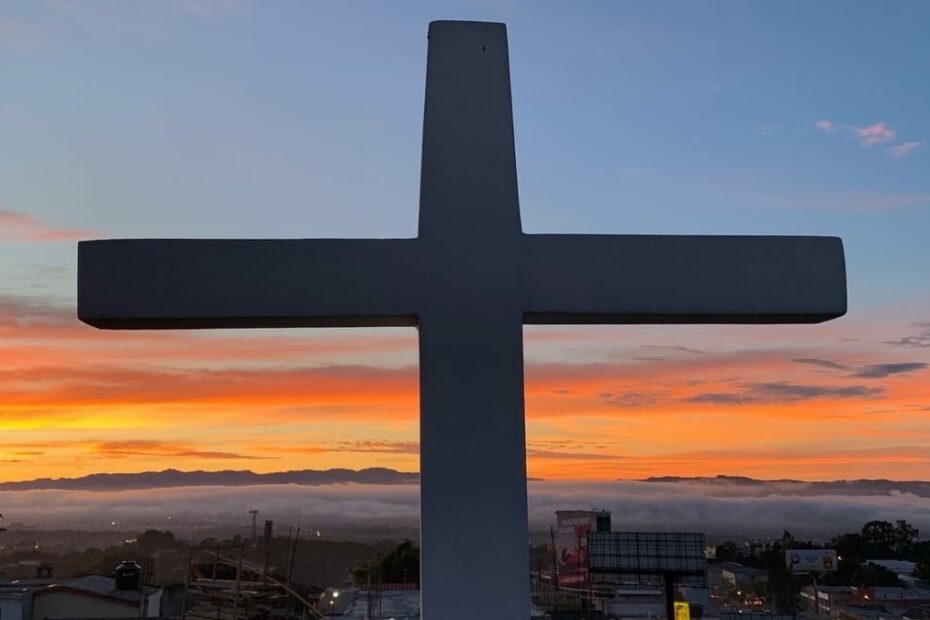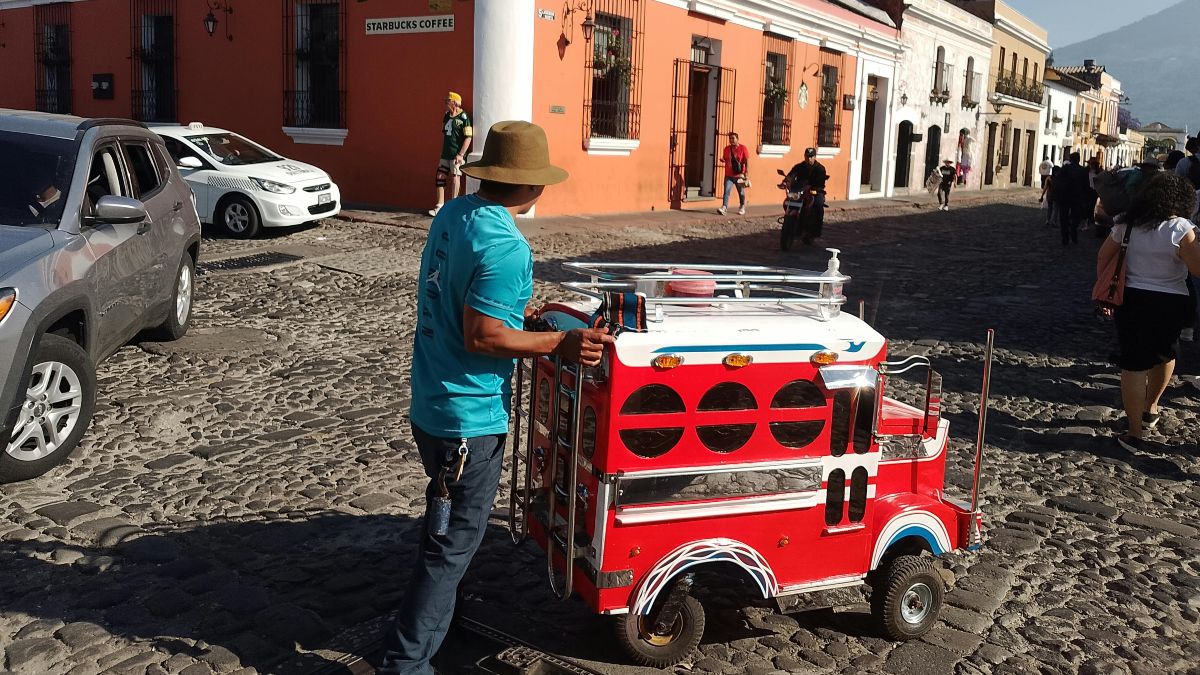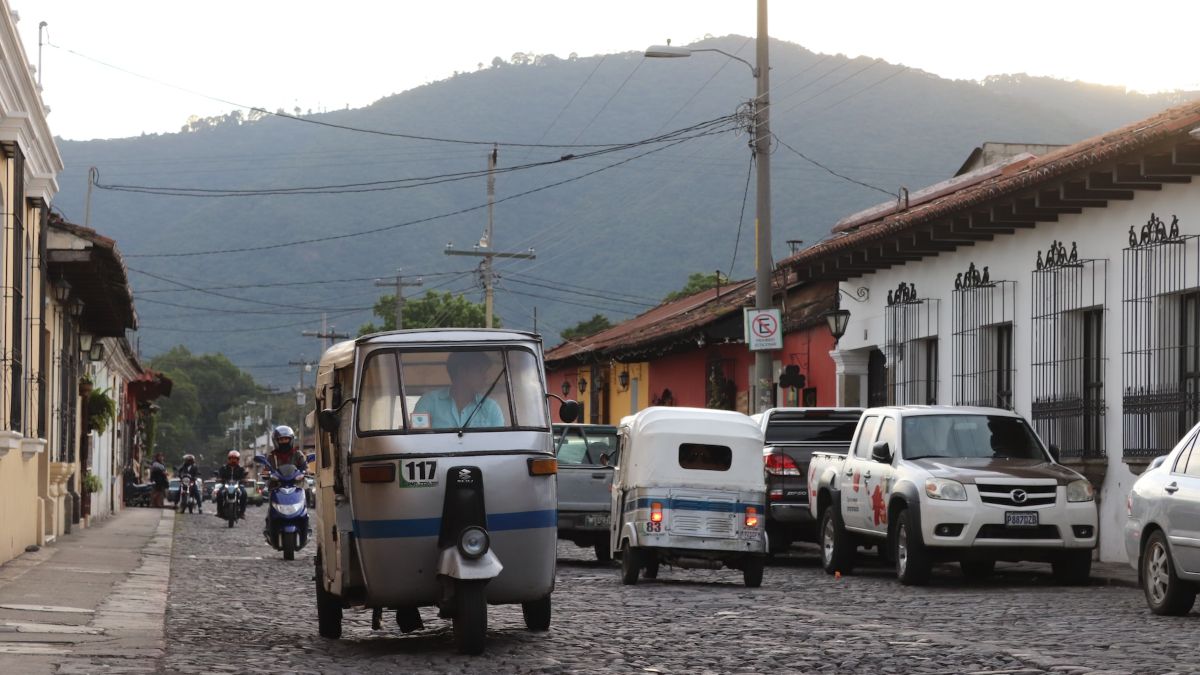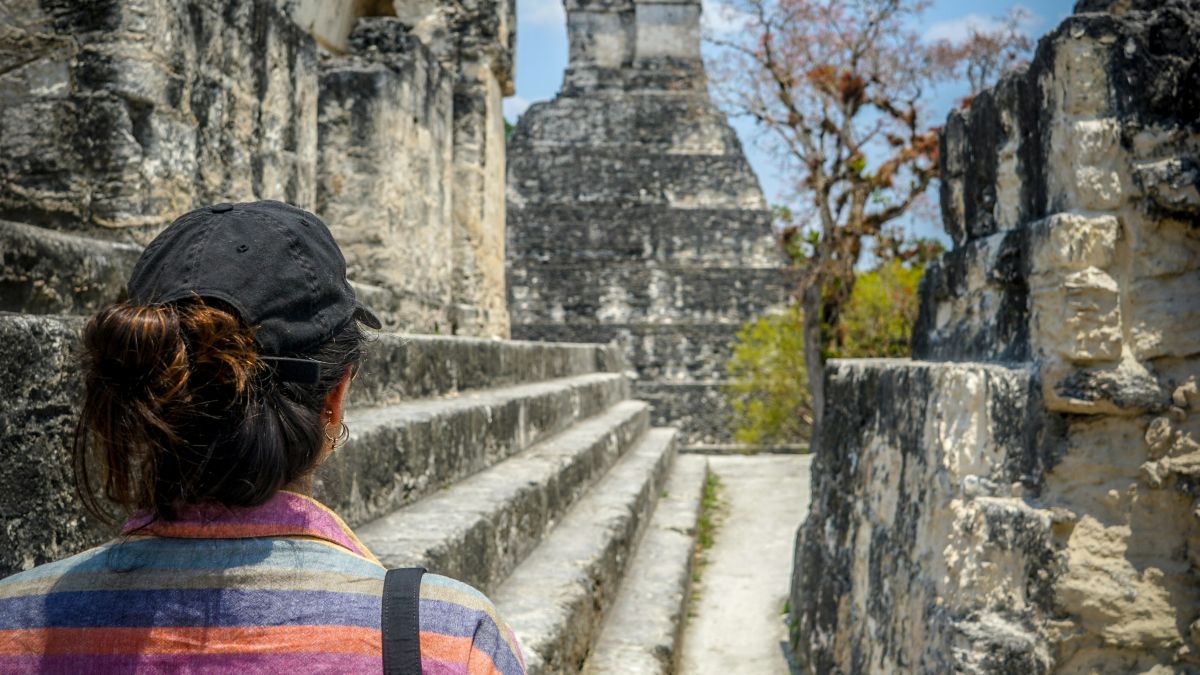Nestor Quixtan looks at a Guatemala tourism bill winding its slow way through the legislature, as Covid cases spike and vaccinations stutter. Could Bill 5857 be the answer Guatemala tourism needs?
With the Guatemala tourism sector in dire straits, time is running out to right the ship. It’s clear the current administration has no intention of boosting the tourism sector.
And to make matters worse, this week the country went into a “State of Prevention”. These new restrictions fall short of the lockdowns we saw last year. But even so, they still make it difficult for tourism to gain any traction.
In the last few weeks, there has been a pronounced uptick in positive Covid cases, with most of July clocking over 2,000 new cases a day. Considering Guatemala only carries out some 7,000 tests per day, concern is mounting.
All this in a country where less than two percent of people are fully-vaccinated.
The outlook for Guatemalan tourism appears bleak. And it’s not like the government is throwing the kitchen sink at the problem.
An overview of the new Guatemala Covid restrictions that went into effect this week, under the guise of a “State of Prevention”. https://t.co/oo8iU0b63w
— CentralAmericaLiving (@VidaAmerica) July 16, 2021
INGUAT, the national tourism agency, recently launched a lukewarm campaign to attract foreign tourists.
The idea is to court fully-vaccinated Americans into Guatemala, touting it as a “safe destination”. In particular, INGUAT is targeting the U.S. states of Florida, Texas, Nevada, and California.
But while INGUAT tries to court the United States, for its part, the United States continues to list Guatemala as a Level 3 destination. The CDC says everyone over 16 should be fully-vaccinated before traveling to Guatemala. This does little to enhance Guatemala’s attractiveness to anyone, vaccinated or not.
There are also concerns the CDC might hike Guatemala up to Level 4 alongside fellow Central Americans Costa Rica, Nicaragua, and Panama. Some feel Guatemala dodged a bullet this week, remaining at Level 3, while the CDC pushed Panama up to Level 4. (It’s also worth noting the CDC moved neighboring Belize from Level 1 to Level 2 at the end of June.)
INGUAT will also promote Guatemala on sites like Kayak and Expedia, while running ads on CNN and other major networks.
But with a budget of only $388,000 for all this, there’s only so much they can achieve.
While Guatemala’s main tourist target is the United States, INGUAT is also looking closer to home.
El Salvador and Mexico are Guatemala’s biggest tourist markets after the United States. Land borders in Central America are now open, but frequent tourism appears a long way off.
INGUAT has reportedly allotted $32,000 for a marketing campaign that started in mid-June. The aim is to draw visitors from El Salvador for the traditional August holidays. But with the way things currently stand, the return may very well be underwhelming.
It’s clear the Guatemalan tourism sector needs more help.
El medio de comunicación mexicano @ViajaBonito nos comparte un top 7 de los atractivos turísticos que deben estar sí o sí en tu itinerario de viaje al visitar la Antigua Guatemala: https://t.co/dSqQRY4wTW
— Instituto Guatemalteco de Turismo -INGUAT- (@InguatPrensa) July 6, 2021
As a result, the Guatemalan Tourism Chamber (CAMTUR) has taken the lead in this matter.
CAMTUR has helped to word a piece of legislature, Bill 5857, which has picked up traction in with lawmakers, gaining the approval of the tourism and economy commissions.
Bill 5857 seeks to boost domestic travel by granting fiscal incentives to tourism companies, and to create greater opportunities for Guatemalans to explore their country. To date, this bill is the most aggressive effort undertaken to reactivate Guatemala’s moribund tourism sector.
Here is a breakdown of what bill 5857 seeks to achieve:
- Tax exemptions:
Duly-registered tourism companies will get a five-year tax exemption. Tourist operators would also be exempt from paying corporate income tax. - Import duties:
Projects destined to boost tourism will receive a temporary reprieve on import duties for two years. - Sales taxes:
Tourism-related activities would see a reduction in the national sales tax from 12 to 8 percent until 2024. After 2024, the rate would go back to 12 percent. - Hotel taxes:
The bill would strike the 10 percent occupancy tax travelers pay during hotel stays. - Tax refunds:
Foreign tourists staying in Guatemala for less than 90 days would be eligible for a 100 percent refund on all duties paid during their stay.
Perhaps the most ambitious part of the proposed bill is the creation of two new national holidays.
These extra holidays have the express purpose of boosting domestic tourism by creating more long weekends.
In 2010, the Guatemalan legislature passed a bill moving all national holidays to Fridays or Mondays to create long weekends. So far though, they’ve only moved the June 30th Army Day holiday.
Costa Rica did the same thing with its national holidays last year in a similar effort to boost domestic tourism. The initiative worked well there before it reopened its borders to international tourists.
The new proposed holidays would occur on the third Monday in July and the first Monday in October. The July holiday makes sense, as it coincides with the Bono 14 payments workers receive that month. The October date would clash with the Revolution Day holiday on October 20th. Still, the proposal makes sense, regardless of when the holidays happen to take place.
Keeping it real: Nestor Quixtan paints a bleak picture of the tourism sector in Guatemala, as businesses collapse, unemployment soars, and the Covid vaccination plans collapses. What can Guatemala do?https://t.co/84N6RMUily
— CentralAmericaLiving (@VidaAmerica) June 14, 2021
Another major component of Bill 5857 is the creation of two funds to boost the tourism sector.
Both funds look to establish a line of credit for SMEs throughout Guatemala. The roughly Q400 million (approximately $50 million) would do well to foster a languishing tourism sector.
Bill 5857 still has quite a long way to go. But it’s still the most harmonious and logical proposal out there for reactivating a critical economic sector.
Considering that unemployed tourism workers are heading north, it makes sense to bolster job creation and investment before all the jobs and all the workers are gone for good.
Nestor Quixtan is a Canadian/Guatemalan economist, linguist, and writer. He lives in Guatemala City.




